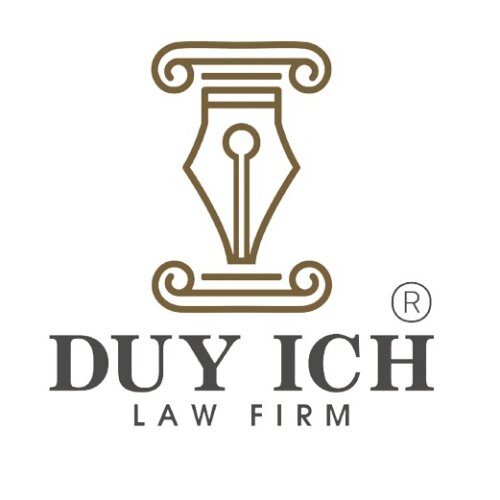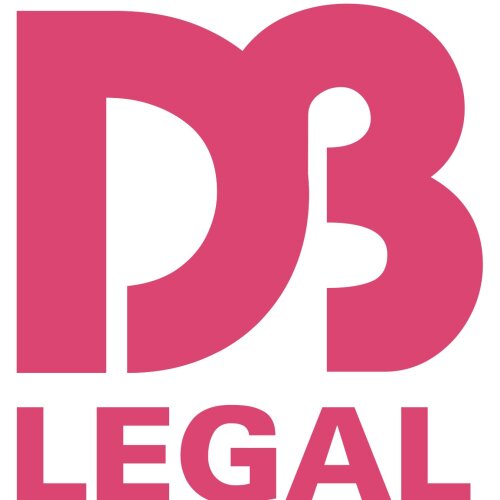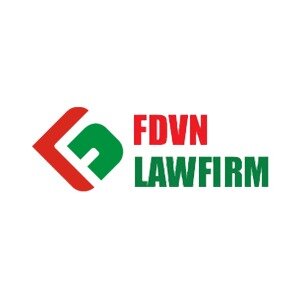Best Landlord & Tenant Lawyers in Da Nang
Share your needs with us, get contacted by law firms.
Free. Takes 2 min.
Free Guide to Hiring a Real Estate Lawyer
List of the best lawyers in Da Nang, Vietnam
About Landlord & Tenant Law in Da Nang, Vietnam
Landlord and Tenant law in Da Nang deals with the legal rights and responsibilities of both landlords and tenants in rental and leasehold situations. These laws are primarily based on the Vietnamese Civil Code, the Law on Housing, and the Law on Real Estate Business. Landlord & Tenant law covers issues such as the rental agreements, security deposits, repairs and maintenance, eviction procedures, and dispute resolution mechanisms. As the legal context can vary between cities, it's important for both landlords and tenants in Da Nang to be aware of their rights and responsibilities under local laws and regulations.
Why You May Need a Lawyer
While it's not compulsory to always seek legal help for landlord-tenant issues, having a lawyer can be beneficial in particular situations. For instance, if you're a landlord dealing with a tenant who has violated the terms of your contract and you wish to evict them, a lawyer could provide valuable assistance. Likewise, if you're a tenant facing unjust eviction or discrimination from a landlord, getting legal help is useful. Legal advice may also be required for understanding complex lease agreements, dealing with disputes over security deposits or property damages, or navigating through local administrative processes.
Local Laws Overview
Some key aspects of local laws pertaining to Landlord and Tenant in Da Nang include the terms of lease agreement that often states the rental amount, duration of lease, responsibilities of both parties, terms of lease renewal, and processes of contract termination. Vietnamese law also requires landlords to register their rental contracts with the local authorities. Additionally, rules related to eviction stipulate that landlords must provide tenants a notice prior to eviction, and tenants have the right to appeal an eviction notice. Unlawful eviction can result in penalties for the landlord. Furthermore, laws on maintenance state that landlords are generally responsible for maintaining the property's overall condition, whereas tenants are responsible for dealing with minor repairs.
Frequently Asked Questions
1. What should I do if my landlord refuses to return my security deposit?
In such a situation, you can seek mediation or initiate legal proceedings. However, it's recommended to consult with a lawyer to understand the process and its implications.
2. Can my landlord increase the rent anytime they want?
No, the rent can only be increased in accordance with the terms stated in the rental agreement or as per local laws should the contract have no explicit terms on this.
3. What actions can I take if my apartment needs major repairs?
You can request your landlord to undertake repairs. If the landlord fails to do so, tenants may have the right to withhold rent, depending on local laws and the specifics of your lease agreement.
4. Can my landlord evict me without any reason?
No, landlords must have a legitimate reason for eviction as per local laws, and are required to give a notice period.
5. I'm a landlord and my tenant isn't paying rent, what can I do?
You can serve the tenant a notice to pay the overdue rent or vacate the premises. If they continue to default, you might have the right to evict them, following the local procedures.
Additional Resources
You may want to contact the house management office of your own district in Da Nang or visit their official website for more specific information. Other resources for legal advice can include legal aid services provided by some local non-profit organizations, community legal education initiatives, or landlord-tenant advisory services.
Next Steps
If you need legal assistance in Landlord & Tenant dispute in Da Nang, Vietnam, begin by documenting all relevant communications, issues, and incidents. Consult a lawyer to understand your rights and obligations. Ensure you have copies of all relevant documentation, such as lease agreements, payment receipts, notices, etc. Finally, avoid taking arbitrary measures without legal advice as it may have serious legal implications.
Lawzana helps you find the best lawyers and law firms in Da Nang through a curated and pre-screened list of qualified legal professionals. Our platform offers rankings and detailed profiles of attorneys and law firms, allowing you to compare based on practice areas, including Landlord & Tenant, experience, and client feedback.
Each profile includes a description of the firm's areas of practice, client reviews, team members and partners, year of establishment, spoken languages, office locations, contact information, social media presence, and any published articles or resources. Most firms on our platform speak English and are experienced in both local and international legal matters.
Get a quote from top-rated law firms in Da Nang, Vietnam — quickly, securely, and without unnecessary hassle.
Disclaimer:
The information provided on this page is for general informational purposes only and does not constitute legal advice. While we strive to ensure the accuracy and relevance of the content, legal information may change over time, and interpretations of the law can vary. You should always consult with a qualified legal professional for advice specific to your situation.
We disclaim all liability for actions taken or not taken based on the content of this page. If you believe any information is incorrect or outdated, please contact us, and we will review and update it where appropriate.

















